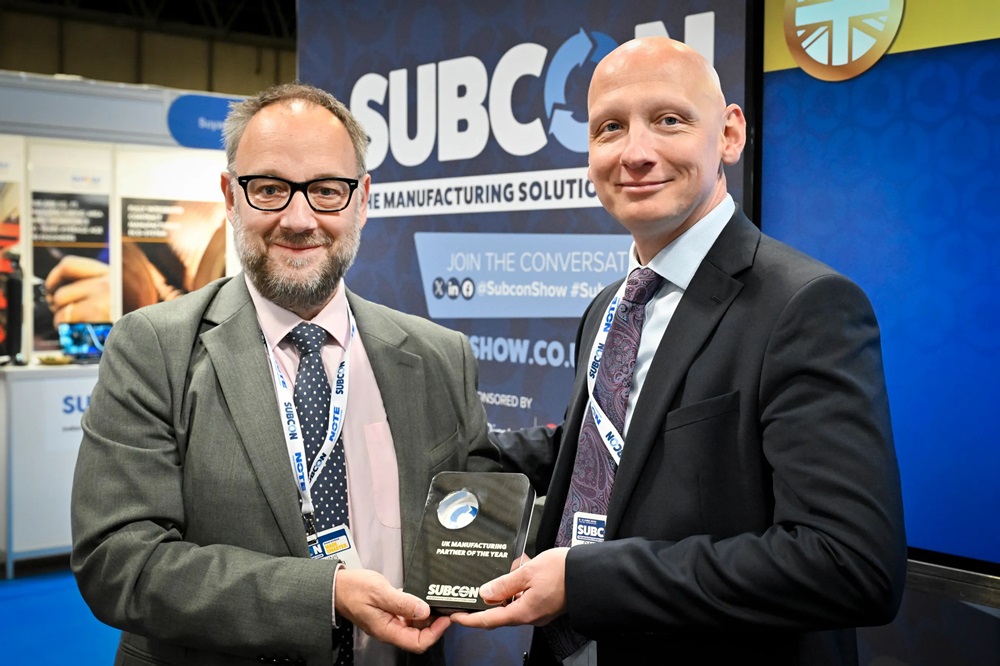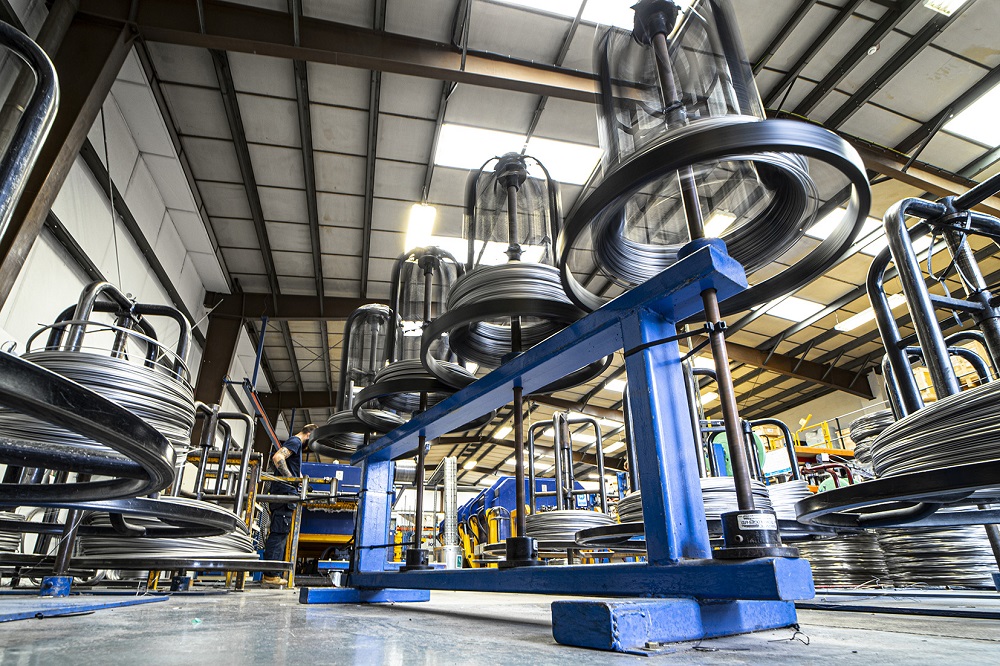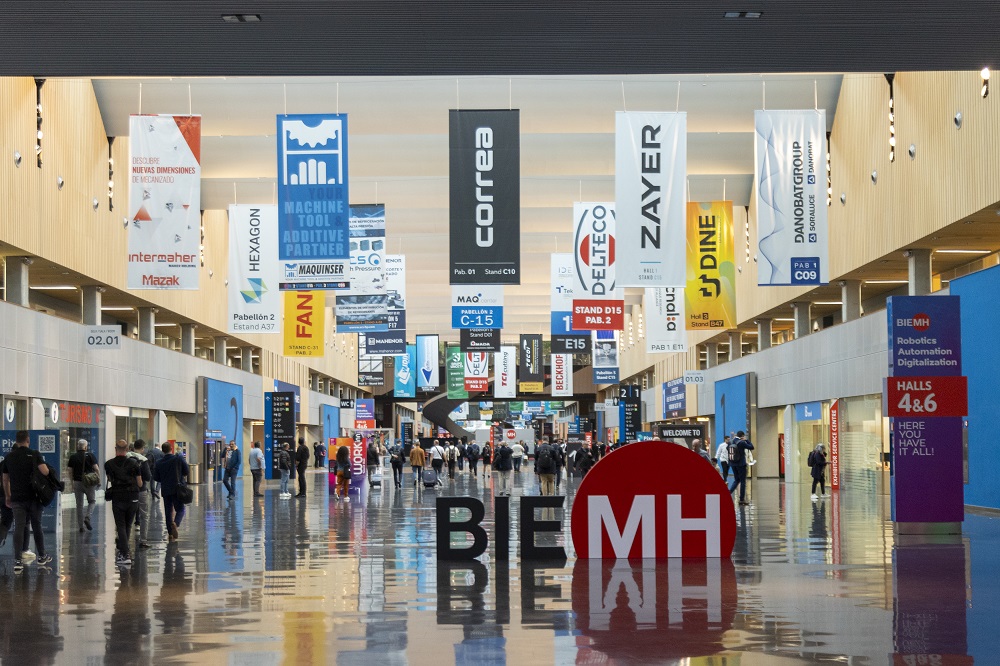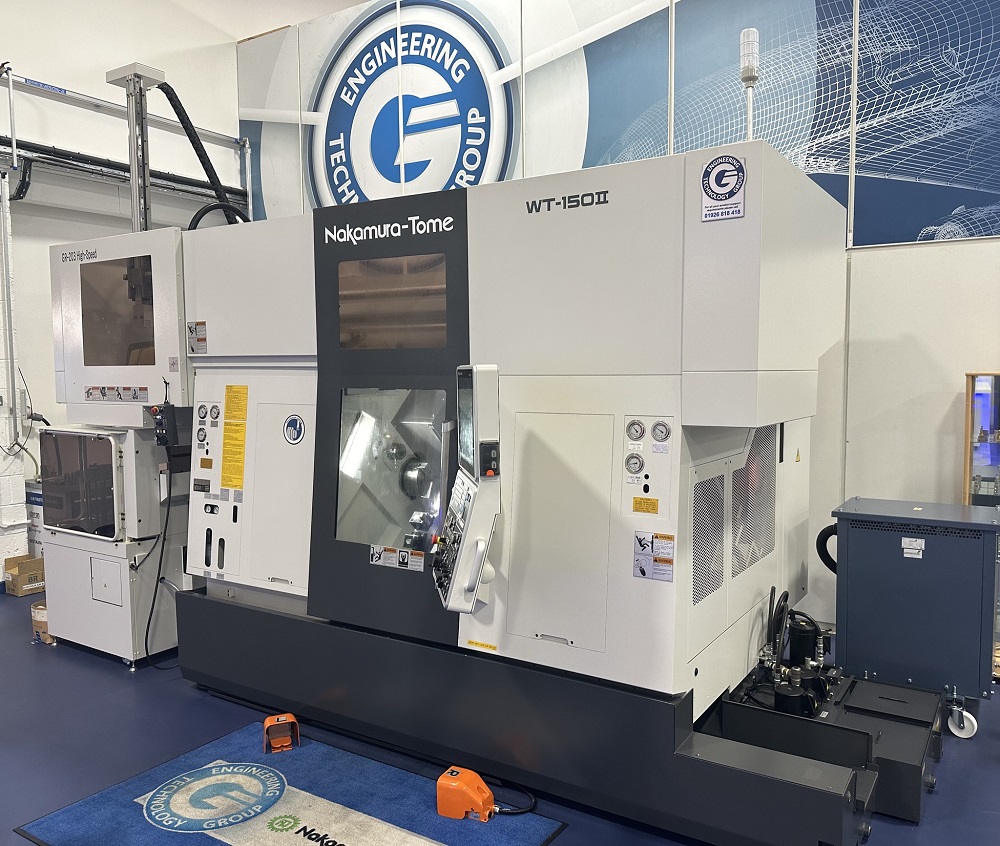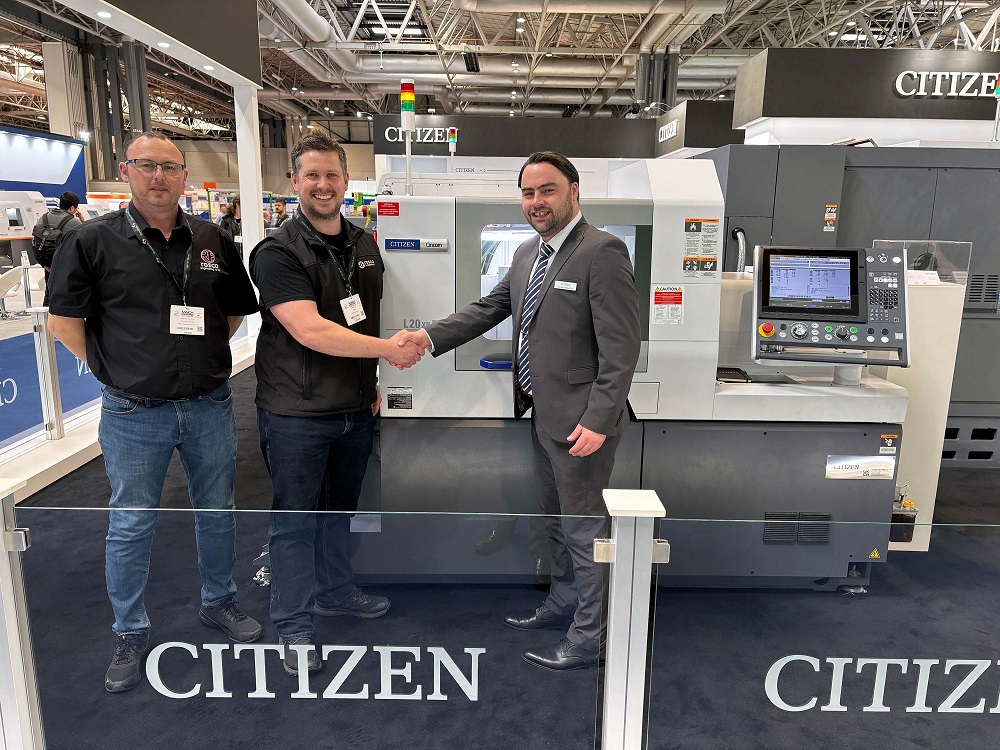Subcon has announced the winners of the inaugural Subcon Manufacturing Solutions Show
Awards. The awards celebrate and recognise outstanding achievements in the
manufacturing industry. Subcon sales manager Ben Watkins says: “This is just one of the
many initiatives we introduced to Subcon this year. Thank you to our judges for giving up
their time and expertise, and congratulations to our nominees and winners.”
Among numerous stand-out awards was UK Manufacturing Partner of the Year. The judges
declared WEC Group as the winner for the company’s significant investments in UK
manufacturing in recent months. WEC Group is planning to build Europe’s largest
subcontract heavy machining and nuclear fabrication facility in Blackburn.
More information www.subconshow.co.uk






